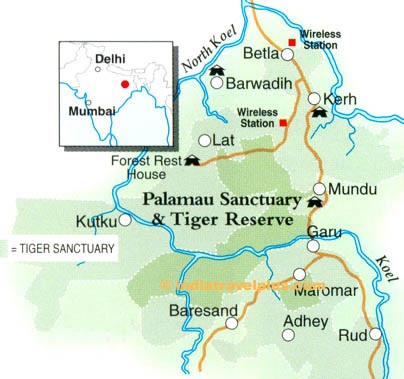Madhyamik and Uchchtar Shiksha Kosh
- Cabinet has recently approved the setting up of a single corpus fund “Madhyamik and Uchchtar Shiksha Kosh (MUSK)”.
- The proceeds of secondary and higher education cess will be credited to this fund.
- It is a non-lapsable fund and it will be utilised for the government’s schemes in the education sector.
Elephant Census
- The first-ever synchronised All-India Elephant population estimation was carried out by the Union Ministry of Environment.
- Previously, various states used different methodologies and effort was not synchronised across the country.
- According to the census, Karnataka has the highest number of elephants, followed by Assam and Kerala respectively.
- The Asian Nature Conservation Foundation (ANCF) at IISc, Bengaluru aided the Project Elephant Directorate to carry out the Census.
Project Elephant
- Project Elephant was launched by the Government of India in the year 1992 as a Centrally Sponsored Scheme.
- The objectives are to protect elephants, their habitat & corridors, to address issues of man-animal conflict and welfare of captive elephants.
Ecosystems Service Improvement Project
- India signs Global Environment Facility (GEF) Grant Agreement with the World Bank for Ecosystems Service Improvement Project.
- The objective of the Project is to enhance forest ecosystem services and improve the livelihoods of forest dependent communities in Central Indian Highlands.
- The Project will be implemented in the states of Chhattisgarh and Madhya Pradesh under the National Mission for Green India.
- The project will be entirely financed by the World Bank out of its GEF Trust Fund.
- The duration of the project is 5 years.
Global Environment Facility (GEF)
- The Global Environment Facility was established in 1991 as a pilot program in the World Bank to assist in the protection of the global environment and to promote environmental sustainable development.
- The UNDP and UNEP and the World Bank were the three initial partners implementing GEF projects.
- In 1992, at the Rio Earth Summit, the GEF was restructured and moved out of the World Bank system to become a permanent, separate institution.
- Today it is an international partnership of 183 countries, international institutions, civil society organizations and the private sector that addresses global environmental issues.
- Since 1994, the World Bank has served as the Trustee of the GEF Trust Fund and provided administrative services.
- GEF funds are available to developing countries and countries with economies in transition to meet the objectives of the international environmental conventions and agreements.
- The GEF is a financial mechanism for 5 major international conventions
- The Minamata Convention on Mercury,
- The Stockholm Convention on Persistent Organic Pollutants (POPs),
- The United Nations Convention on Biological Diversity (UNCBD),
- The United Nations Convention to Combat Desertification (UNCCD) and
- The United Nations Framework Convention on Climate Change (UNFCCC).
- The GEF, although not linked formally to the Montreal Protocol on Substances that Deplete the Ozone Layer (MP), supports implementation of the Protocol in countries with economies in transition.
- The GEF has 18 agencies as the operational arm of the GEF.
- These agencies work closely with project stakeholders to design, develop and implement GEF-funded projects and programs.
North Koel Reservoir Project
- Cabinet has given the approval for the completion of North Koel reservoir project in Jharkhand and Bihar.
- The North Koel River rises on the Ranchi Plateau in Jharkhand.
- It is a tributary of River Sone that joins the river Ganga in Bihar.
- The project envisages building a dam named “Mandal dam” in Jharkhand.
- The river along with its tributaries meanders through the northern part of Betla National Park.
- The reservoir project is expected to flood villages which are within the Palamau Tiger Reserve.
- Thus the GoI restricted the storage capacity of Mandal dam in order to reduce the submergence and to protect Betla National Park and Palamau Tiger Reserve.
- The project aims to provide irrigation the most backward and drought prone areas of Palamu & Garhwa districts in Jharkhand and Aurangabad & Gaya districts in Bihar.

Committee to oversee disinvestment
- The Cabinet Committee on Economic Affairs has recently approved the proposal of setting up a Ministerial Group to decide on the details of strategic disinvestment of Public sector firms.
- The proposal was given by the Department of Investment and Public Asset Management (DIPAM).
- The empowered ministerial group is led by Finance Minister and members include Minister for Road Transport, Minister of Administrative Department.
- The approval will help in speedy completion of strategic disinvestment transactions.
